Our great-grandparents lived in a world that required a level of self-sufficiency most of us can’t imagine today. They didn’t rely on grocery stores or delivery apps; they knew how to provide for themselves, protect their homes, and make the most of every resource. This knowledge was their lifeline in a world with limited technology and fewer safety nets. In a time when daily survival depended on being prepared for any situation, they honed skills that allowed them to thrive even in the hardest times. These forgotten survival skills are not just historical curiosities; they’re practical, hands-on knowledge that can empower us in today’s unpredictable world.
Here’s a list of 21 survival skills that were second nature to our great-grandparents but are often forgotten today.
1. Growing a Vegetable Garden
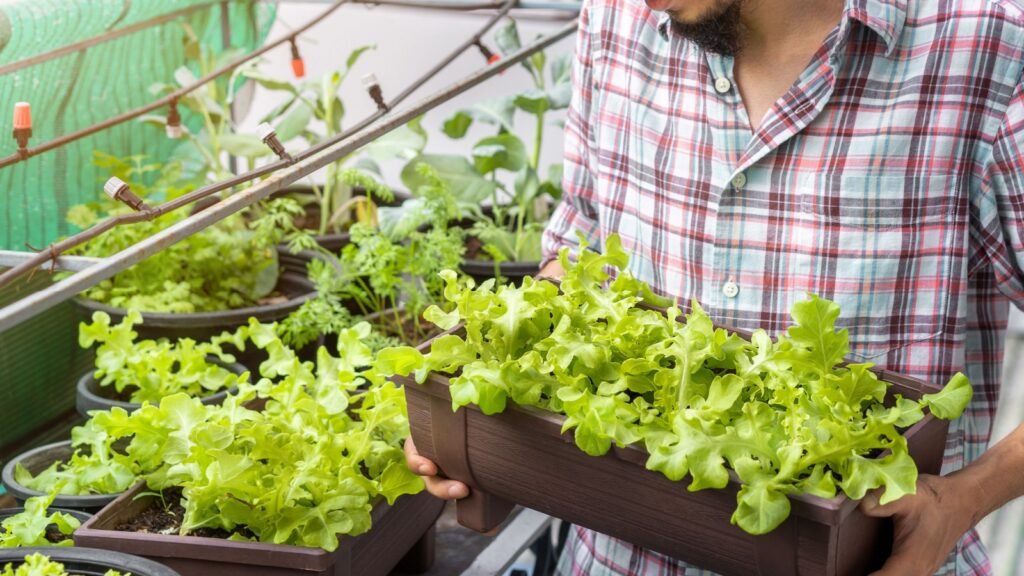
Our great-grandparents were masters of home gardening, growing everything from potatoes to tomatoes and leafy greens. This skill was essential not only for fresh food but also for trading with neighbors. Having your own garden means knowing how to plant, maintain, and harvest crops efficiently, and it’s a skill that brings a huge advantage when fresh food isn’t readily available.
2. Preserving Food for Winter
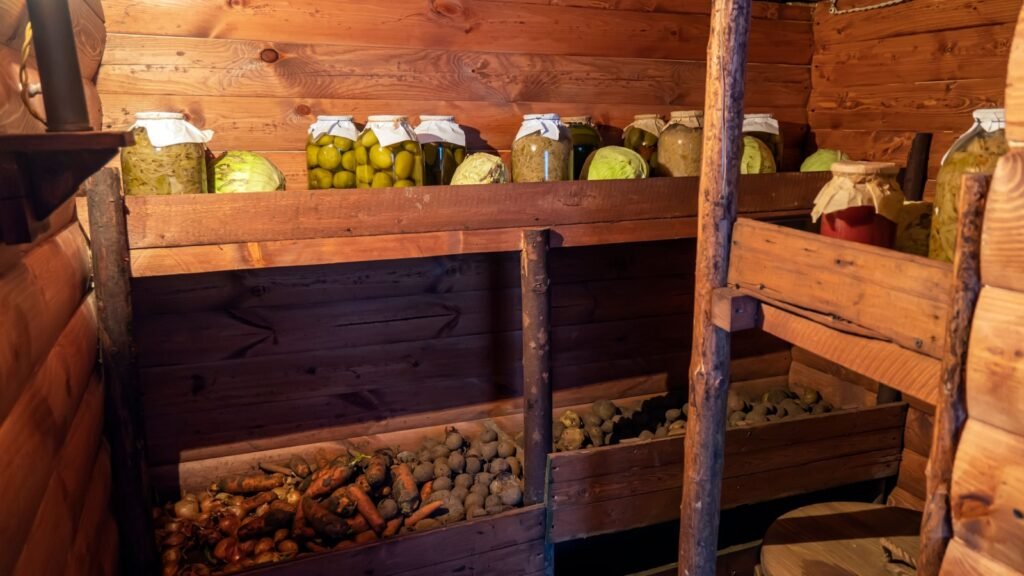
Preserving food was crucial for year-round nourishment. Canning, drying, and pickling kept fruits, vegetables, and meats from spoiling, making them last through the winter. Our ancestors knew how to create long-lasting, shelf-stable foods like pickles, jams, and jerky, which not only saved money but ensured they always had food on hand.
3. Starting a Fire Without Matches
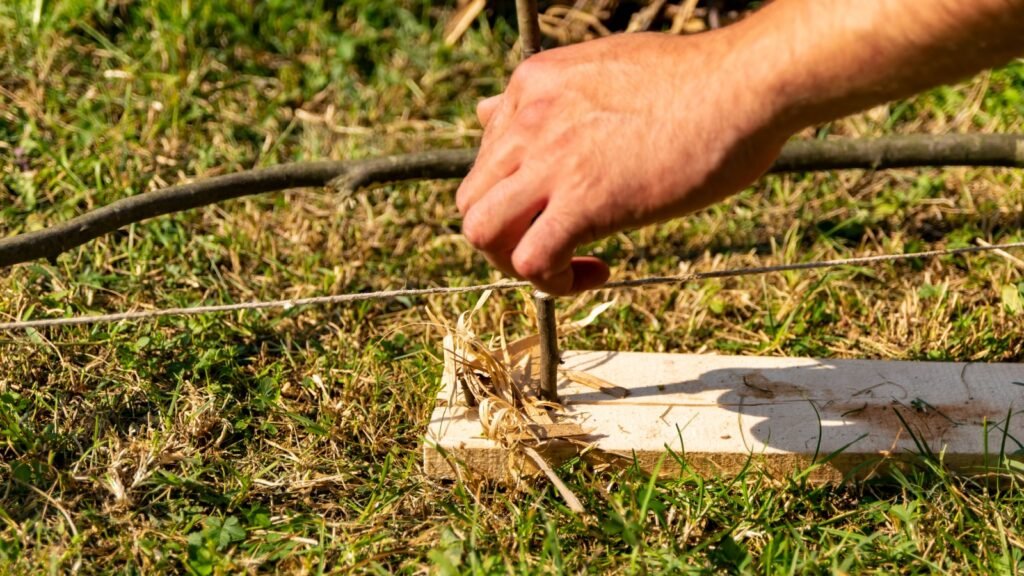
Matches weren’t always readily available, so people learned to start fires with basic tools like flint and steel, or even a bow drill. Knowing how to create a spark and keep a fire going was crucial for warmth, cooking, and safety. This skill is essential if you ever find yourself without modern fire-starting tools.
4. Making Soap at Home
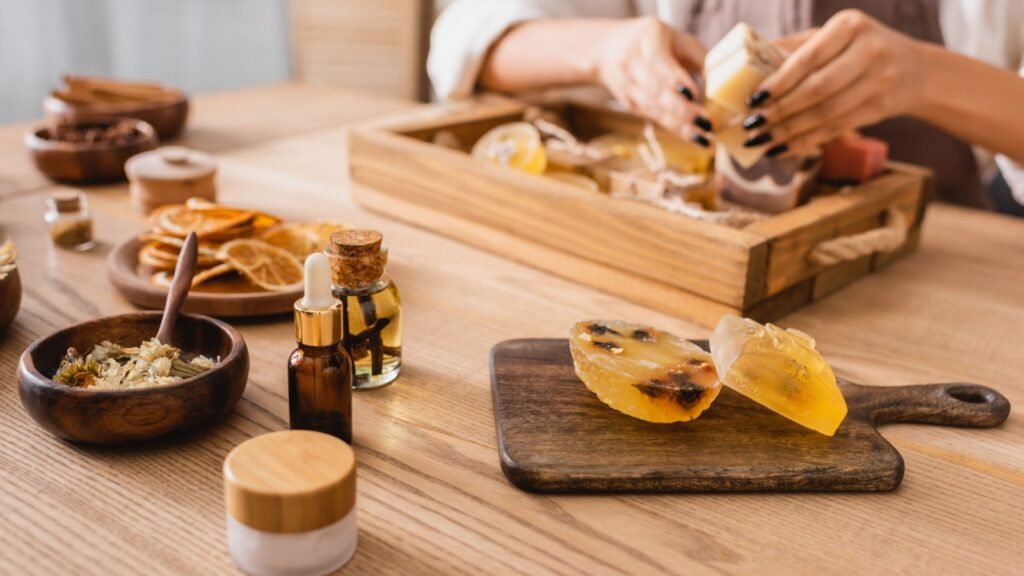
Homemade soap was a necessity when store-bought items weren’t an option. Using lard or vegetable oil, wood ash, and water, our ancestors made soap that kept them clean and protected against germs. Learning to make soap today can save money and ensure you’re never without this important hygiene item.
5. Hunting and Trapping Small Game
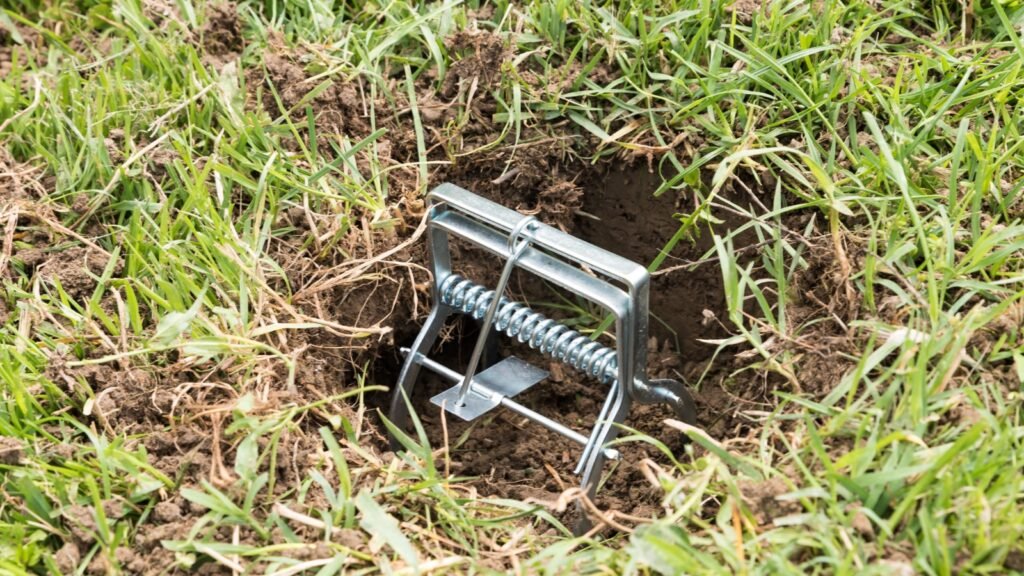
Before grocery stores were around, many people depended on hunting and trapping small animals for food. Rabbits, squirrels, and other small game provided protein and were easier to catch than larger animals. Knowing basic hunting and trapping skills can help you survive in the wild or if food becomes scarce.
6. Collecting and Purifying Water
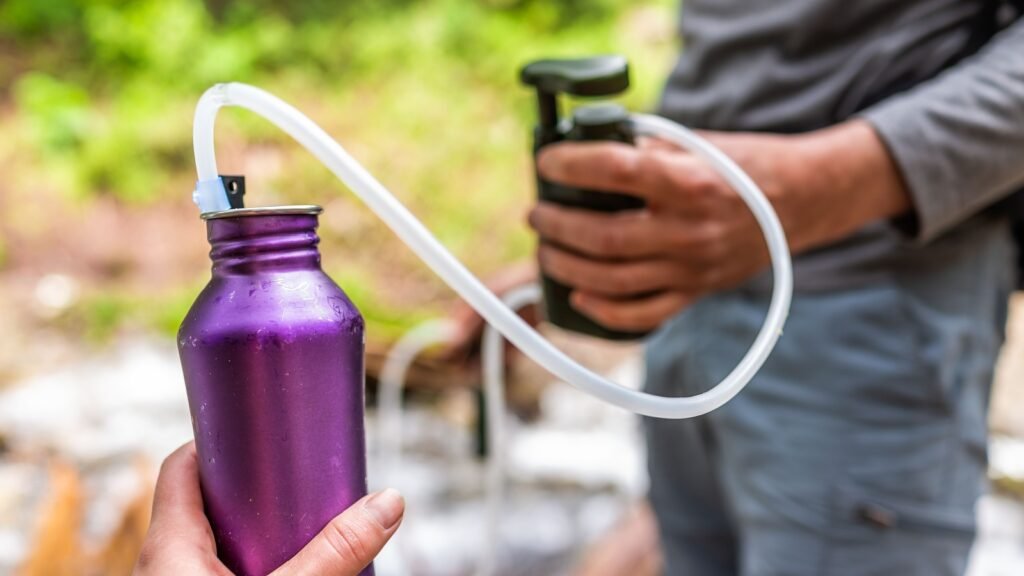
Having a fresh water supply was critical for survival, especially in areas without access to wells or clean streams. Our great-grandparents knew how to locate water sources, collect rainwater, and purify it by boiling or filtering. This skill is vital in any survival situation since clean water is essential to health.
7. Foraging for Edible Plants

Foraging helped people find food in the wild, whether it was mushrooms, berries, nuts, or wild greens. However, they had to know which plants were edible and which were dangerous. Foraging is a valuable skill to reconnect with nature and find fresh, nutritious food without spending a dime.
8. Sewing and Mending Clothes

Clothes were made to last, and our great-grandparents knew how to repair worn-out garments by sewing or patching holes. Instead of throwing away clothes, they would mend them, saving resources and money. Knowing how to sew or even patch up minor rips can keep you warm and comfortable without relying on new clothes.
9. Making and Using Natural Remedies

Pharmacies weren’t always around, so people learned to use plants like echinacea, garlic, and willow bark for their medicinal properties. Many herbs and plants have natural healing qualities, and this knowledge allowed them to treat common illnesses at home. Learning these remedies can be empowering when medical help isn’t close by.
10. Building Shelter From Natural Materials
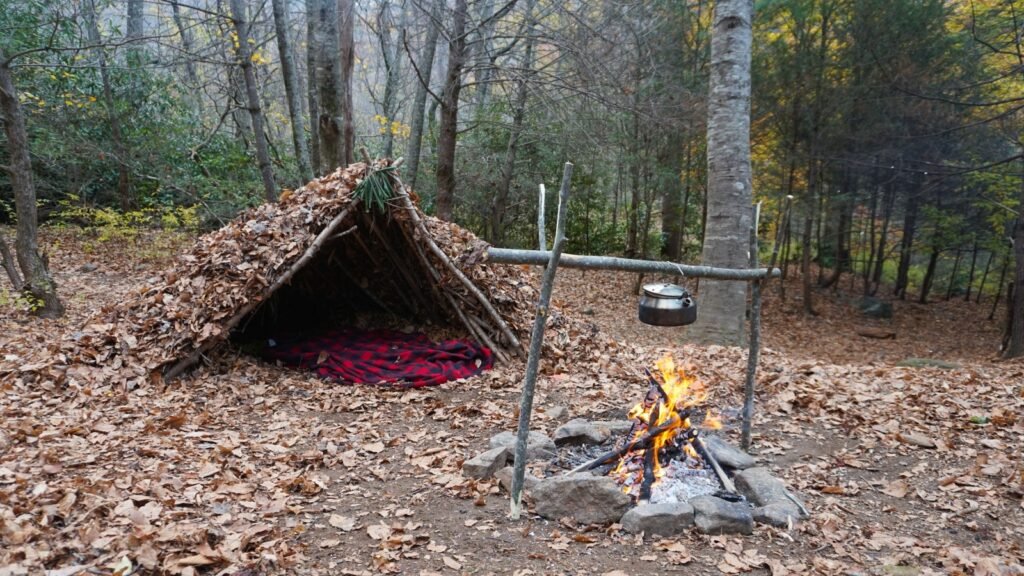
Knowing how to construct a basic shelter was essential when traveling or if their home was damaged. Using logs, branches, and leaves, our ancestors could make shelters to protect themselves from the elements. This skill can come in handy if you’re ever in the wild and need quick shelter.
11. Baking Bread from Scratch
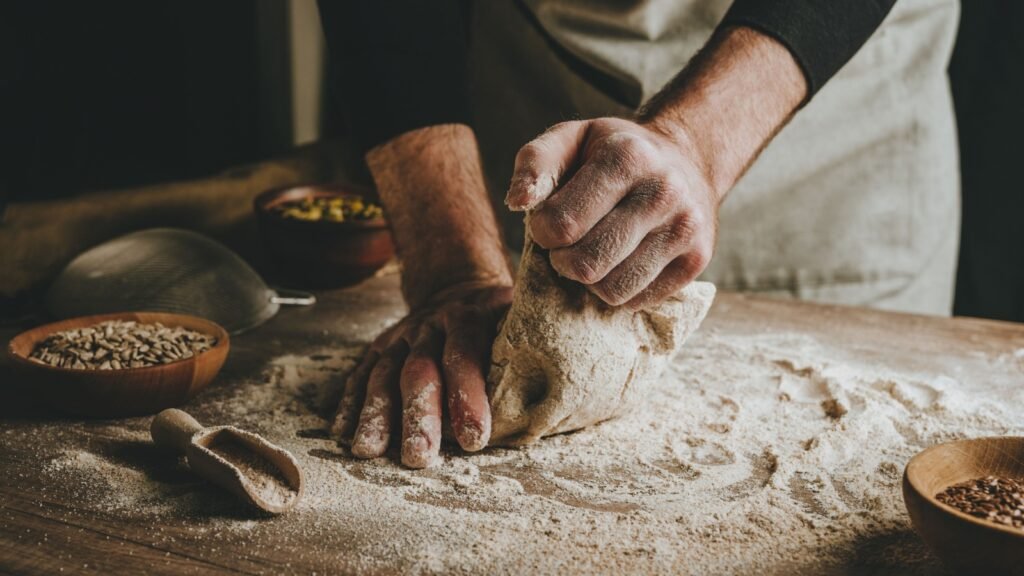
Bread was a staple, and baking it was a weekly task for most families. People learned to make bread from simple ingredients like flour, yeast, and water, which were always on hand. Making bread from scratch today can provide delicious, fresh loaves without relying on store-bought versions.
12. Knitting and Crocheting for Warm Clothing

Our great-grandparents knitted and crocheted hats, scarves, socks, and sweaters to stay warm. Learning to knit or crochet allows you to make warm clothing or blankets, and it’s an enjoyable, practical skill to have, especially in colder climates.
13. Sharpening Knives and Tools
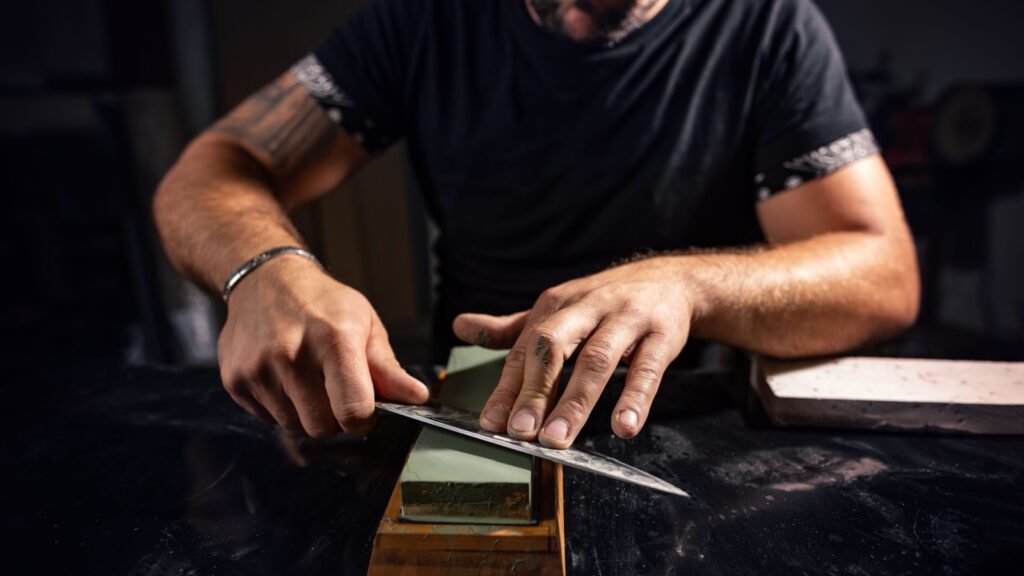
A dull blade was useless, so people regularly sharpened knives, axes, and other tools. Keeping tools sharp made them safer and more effective, whether for hunting, cooking, or woodworking. Knowing how to sharpen tools keeps you prepared for any job requiring a clean cut.
14. Rearing Chickens for Eggs and Meat
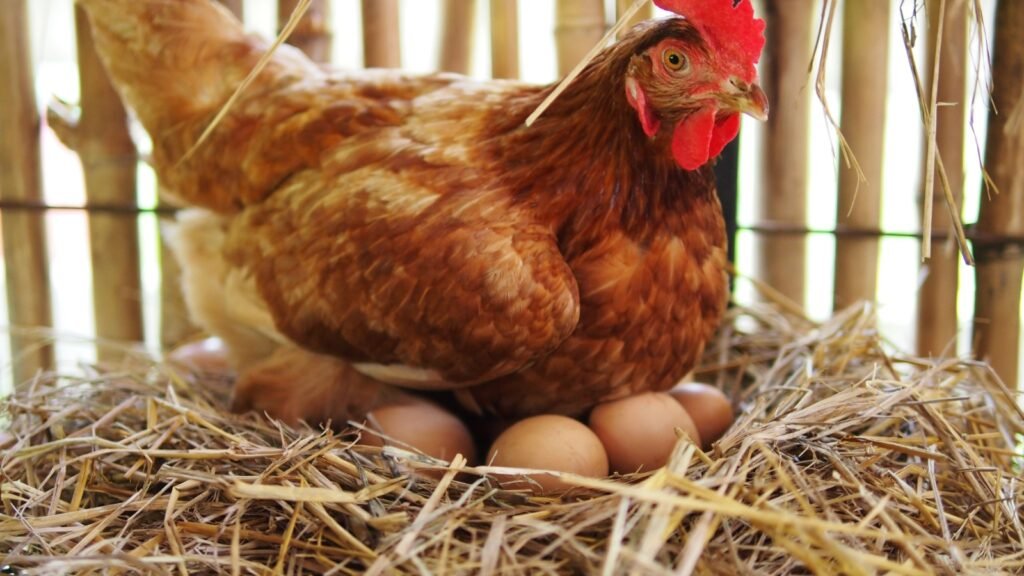
Raising chickens was common, as they provided both eggs and meat. Keeping a small flock of chickens is still one of the simplest ways to produce fresh food in your own backyard, and it’s a highly sustainable practice that reduces dependency on grocery stores.
15. Making Candles at Home
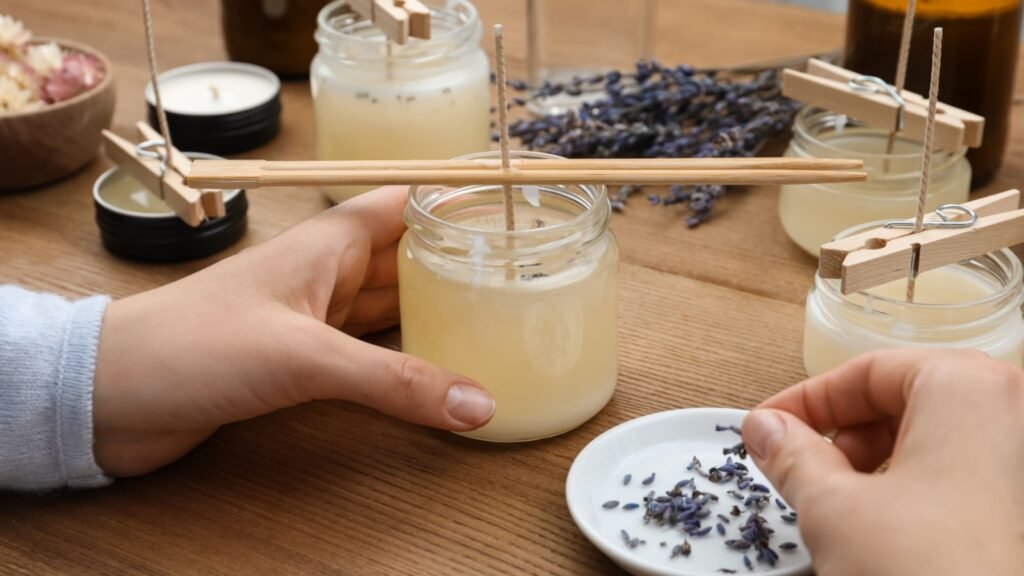
Candles were essential for light before electricity was widespread. People made them using animal fat or beeswax, keeping homes lit at night. Learning to make candles today can be both a fun project and a way to ensure you have light if electricity goes out.
16. Fishing for Food
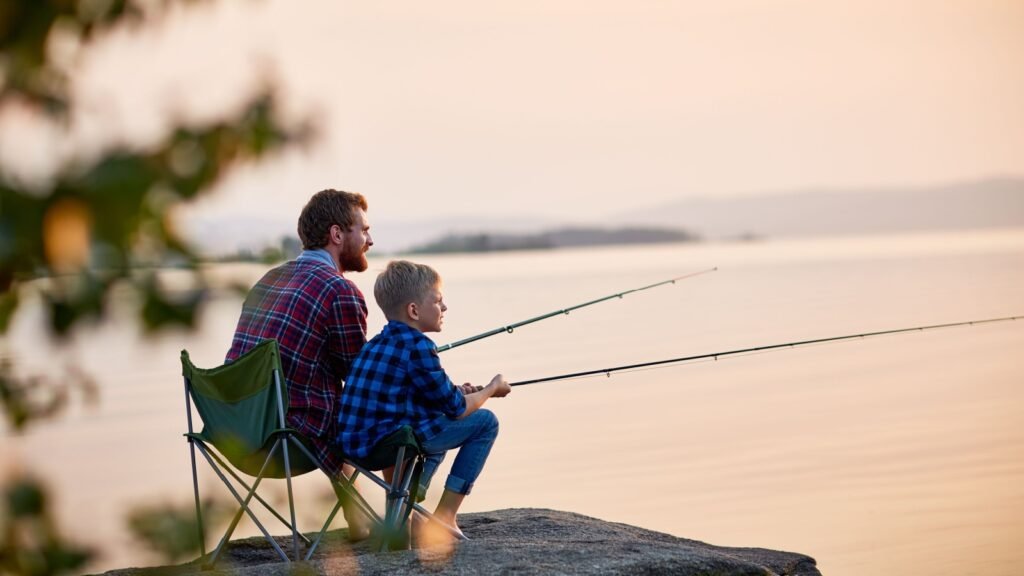
Fishing provided a reliable source of protein and required only simple equipment. Knowing how to fish, clean, and prepare your catch gives you a great survival skill, especially if you live near water sources.
17. Using a Root Cellar for Storage
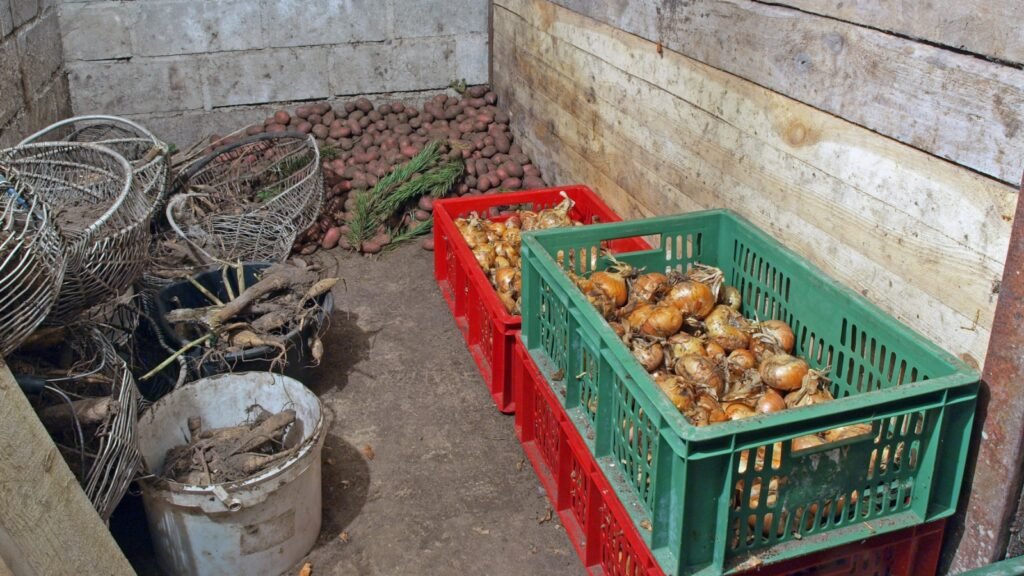
Root cellars kept food cool and preserved without refrigeration. Potatoes, carrots, apples, and canned goods could last for months underground. Learning to build and use a root cellar today can provide a natural storage option that doesn’t rely on electricity.
18. Bartering and Trading

Without cash, people often traded goods and services, exchanging what they had for what they needed. Bartering builds community and can be a valuable skill in situations where currency is unavailable.
19. Tending to Livestock
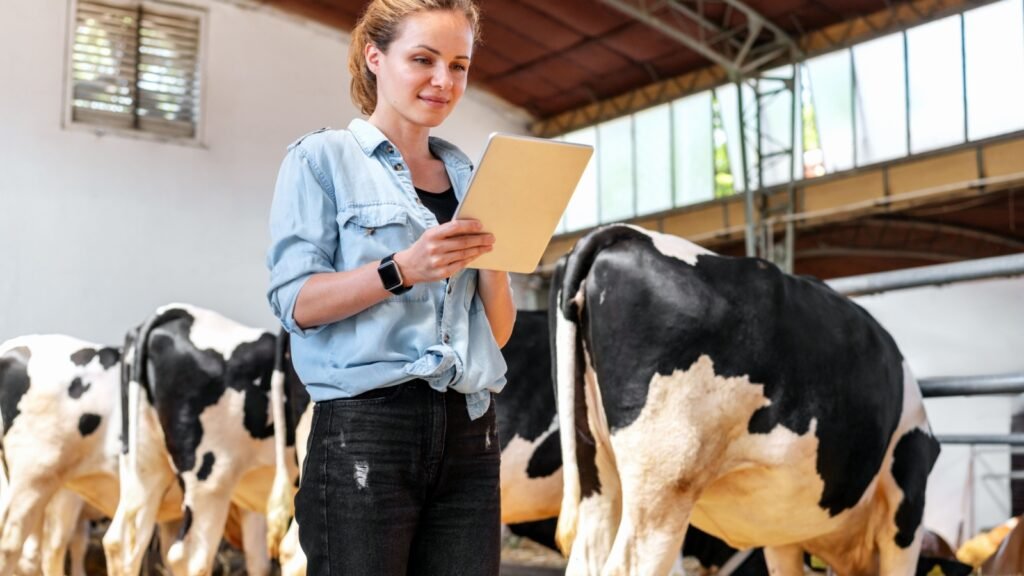
Caring for livestock, like cows or goats, was essential for milk, meat, and even fieldwork. Raising animals teaches responsibility, provides fresh food, and can be a backup resource if stores run low.
20. Reading the Weather

Our ancestors didn’t rely on forecasts. They observed nature—like cloud patterns, wind, and animal behavior—to predict the weather. Reading these natural signs helped them know when to plant, harvest, or take cover. This skill can be especially useful for those who spend time outdoors.
21. Making and Using Homemade Fertilizer

Before commercial fertilizers, people enriched their soil with natural ingredients like compost, manure, and crushed eggshells. They understood that healthy soil meant healthier crops, so they used kitchen scraps, ashes, and even fish heads to create nutrient-rich fertilizer. This skill is both sustainable and cost-effective, and it’s a great way to improve your garden’s yield without relying on chemical additives.

